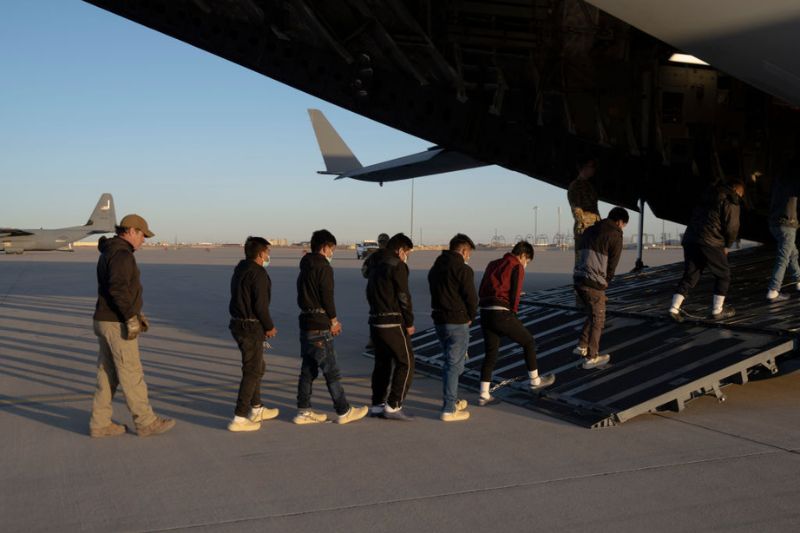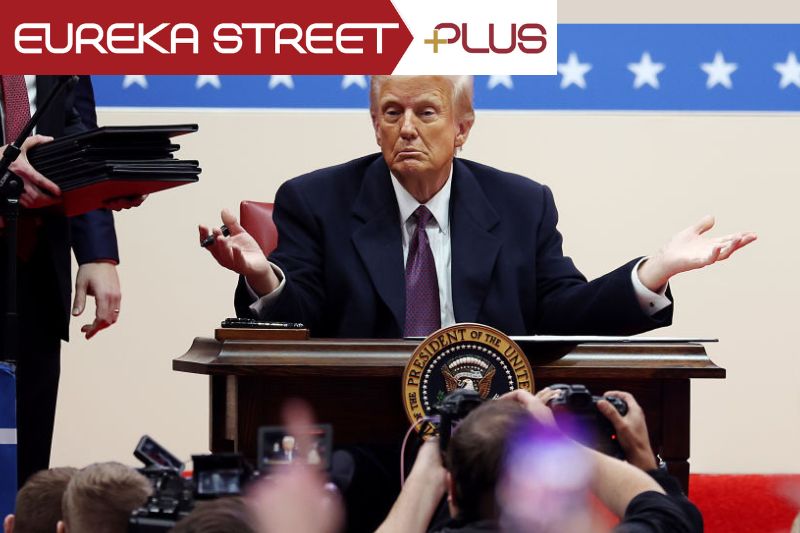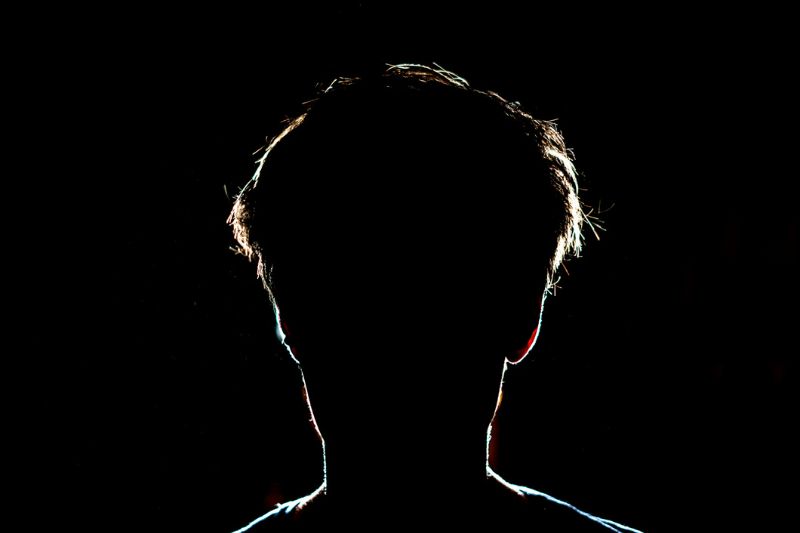Keywords: National Security
There are more than 24 results, only the first 24 are displayed here.
Become a subscriber for more search results.
-

AUSTRALIA
- Binoy Kampmark
- 04 February 2025
Smartphones dictate access to commerce, communication, and even education, and face-to-face transactions have all but disappeared. Have we willingly surrendered choice for convenience? As digital payments become the norm, are those choosing to live without a smartphone excluded from modern society?
READ MORE
-

INTERNATIONAL
- Andrew Hamilton
- 30 January 2025
The United States' recent shift in immigration policy towards exclusions and deportations is a modern moral reckoning. It underscores the tension between a society’s right to regulate its borders and its responsibility to uphold the dignity of those who already call it home.
READ MORE
-

INTERNATIONAL
- Peter Craven
- 24 January 2025
In a second presidency begun with a spate of brash decrees — annexing Greenland, scrapping birthright citizenship — and forging odd alliances with billionaires, Donald Trump is already defying expectations. How did we reach this unsettling moment, and can America endure it?
READ MORE 
-

AUSTRALIA
- Andrew Hamilton
- 23 January 2025
Australia's national day remains a divisive symbol, rooted in colonial history. As the country grapples with issues of war, inequality, and climate change, the call for a more inclusive, meaningful celebration grows. How can a national day honour both the complexity of our history and the dignity of all Australians?
READ MORE
-

INTERNATIONAL
- Damian Spruce
- 10 December 2024
At COP29, the world’s wealthiest nations promised to confront climate change—but delivered only a fraction of the required funds, leaving developing countries with a trillion-dollar shortfall. As Pope Francis warns of a sick planet, the question remains: Who pays for the climate crisis, and who bears the consequences?
READ MORE
-

AUSTRALIA
- Kevin Bell
- 29 November 2024
2 Comments
With unaffordable housing pushing families into impossible choices, homelessness affecting 120,000 people, and systemic inequities deepening, we must ask: What kind of society do we want to build — and for whom?
READ MORE 
-

INTERNATIONAL
- Barry Gittins
- 22 November 2024
1 Comment
Before the U.S. election, Don Watson predicted the electoral victory of Trump in his essay High Noon, an exploration of a divided America teetering on the edge. Dissecting the economic, racial, and cultural forces that led to a Republican landslide reveals an imperfect union at its most vulnerable.
READ MORE 
-

ARTS AND CULTURE
- Ken Haley
- 15 November 2024
Anyone possessed of the facts can write history. Few can express so well as Bob Woodward the heartbeat of his times and the heartbreak that history frequently brings in its wake. In War, Woodward dives into the three major geopolitical conflicts of our time.
READ MORE 
-

ARTS AND CULTURE
- Ron Cerabona
- 14 November 2024
1 Comment
For decades, Australian political satire has taken aim at the powerful with wit and irreverence, forging a distinct comedic tradition that holds up a mirror to society, revealing truths in the face of national absurdities. Now after 25 years, the iconic Wharf Revue takes its final bow, closing a celebrated chapter in the story of Australian satire.
READ MORE
-

INTERNATIONAL
- Dotan Rousso
- 31 October 2024
1 Comment
Beyond economic and national security agendas, Trump’s appeal, more visceral than policy-driven, hinges on tapping into a collective disillusionment — one that sees progressive ideology as veering into an unforgiving orthodoxy.
READ MORE
-

AUSTRALIA
- Binoy Kampmark
- 31 October 2024
3 Comments
Two narratives dominate Australia’s view of children. The first casts them as dangerous, irredeemable offenders. The second, as vulnerable innocents threatened by risks online. Both anxieties reveal deep-seated tensions over safety, innocence, and societal responsibility.
READ MORE
-

INTERNATIONAL
- Binoy Kampmark
- 23 October 2024
2 Comments
The death of Hamas leader Yahya Sinwar, architect of the October 7 attacks on Israel, has been hailed by Israeli and U.S. leaders as a significant victory and a turning point in the Gaza conflict. But as strikes continue, history suggests such assassinations often fuel further conflict, not lasting peace.
READ MORE